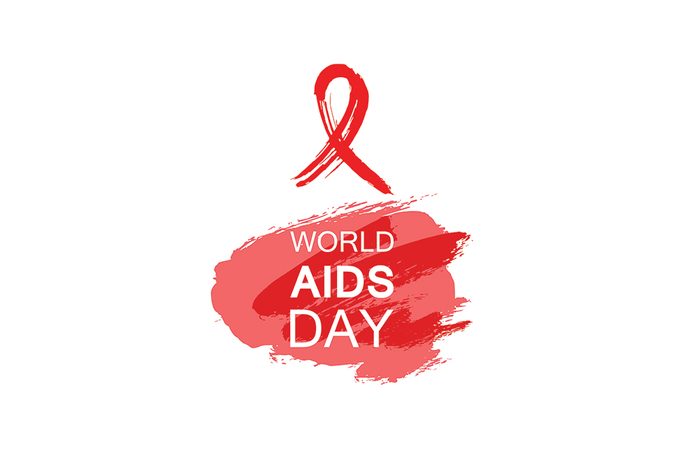11 Things Every Canadian Should Know About HIV/AIDS
HIV infection is on the rise in Canada. Here’s what you need to know about a disease that can affect anyone, regardless of age, sex, race or sexuality.

What You Need To Know About HIV/AIDS
1. Approximately 1 in 5 Canadians infected with HIV don’t know they have the disease. The number of people living with HIV in Canada has increased by almost 10 percent since 2011.
2. Nearly 1 in 4 of all new HIV diagnoses in 2013 were among youth aged from 15 to 29. Men accounted for 79 percent of all youth HIV diagnoses.
3. There is no cure for HIV/AIDS nor is there a vaccine to prevent infection. The progression of the disease can be slowed down with antiretroviral drugs, but it cannot be stopped or reversed.
4. As of 2016, there are 18.2 million HIV positive people who are on antiretroviral therapy, according to UN Aids. Antiretroviral therapy helps slow the rate of HIV spreading in the body.
5. Women account for 23.2% of all AIDS cases reported in Canada, according to the AIDS committee of Toronto (ACT). Aboriginal Canadians are almost three times more likely to be infected with HIV than other Canadians.
6. You can’t get HIV by kissing or sharing a drinking glass with an infected person. According to CanFAR, there is no evidence to suggest that HIV is transmitted through saliva.
Get Tested Today
7. You can lower your risk of HIV through the correct and consistent use of condoms in addition to getting regularly tested for HIV and STDs.
8. Anyone can be infected with HIV. According to ACT, the majority of Canadian women who test positive for HIV became infected through unprotected heterosexual intercourse.
9. The results of your HIV test must be kept confidential and cannot be shared with another individual unless you give written consent.
10. Anonymous HIV testing is available. Rather than giving your name to a tester, you’re assigned a number that allows healthcare providers to follow up with your results. No records are kept that will link you to the test results.
11. Rapid HIV tests are easy and accessible. During a rapid HIV test, the clinic will take a prick of blood from your finger and can give you your results within minutes.




